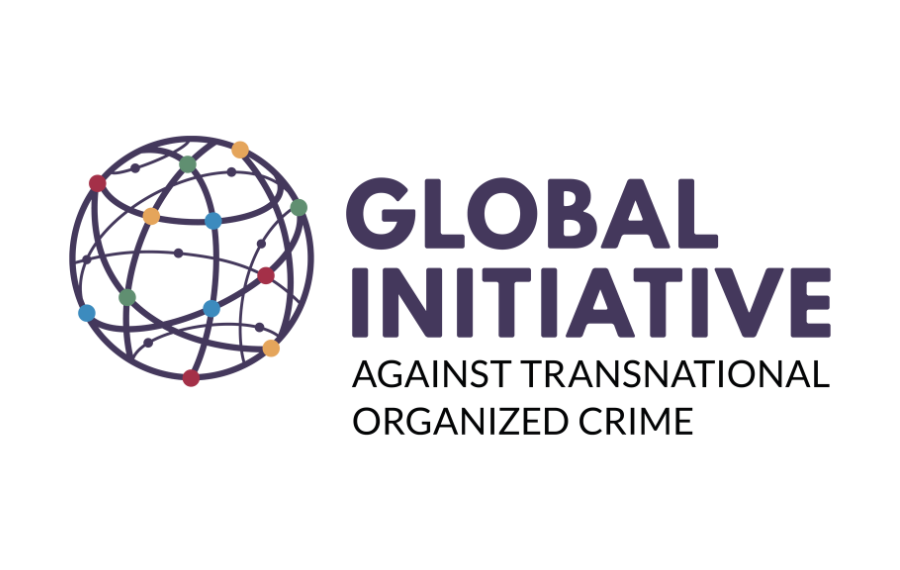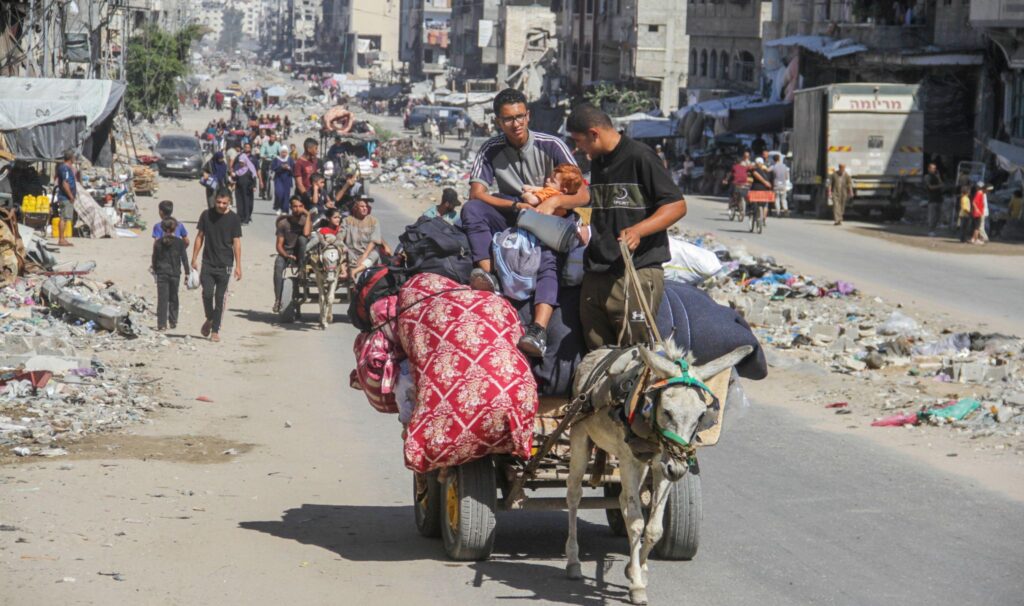Islamic State Sahel Province is consolidating territory, reviving economies

After almost 10 years of insurgency in the Sahel, the group has made significant territorial gains in the last two years.
Since 2023, Islamic State Sahel Province (IS Sahel), a violent extremist organisation affiliated with the Islamic State, has shifted from perpetrating high levels of indiscriminate violence against civilians towards building community support in areas where it has consolidated its influence. It has also begun actively reviving local economies (including illicit activities) that had been heavily undermined by its earlier indiscriminate use of violence.

